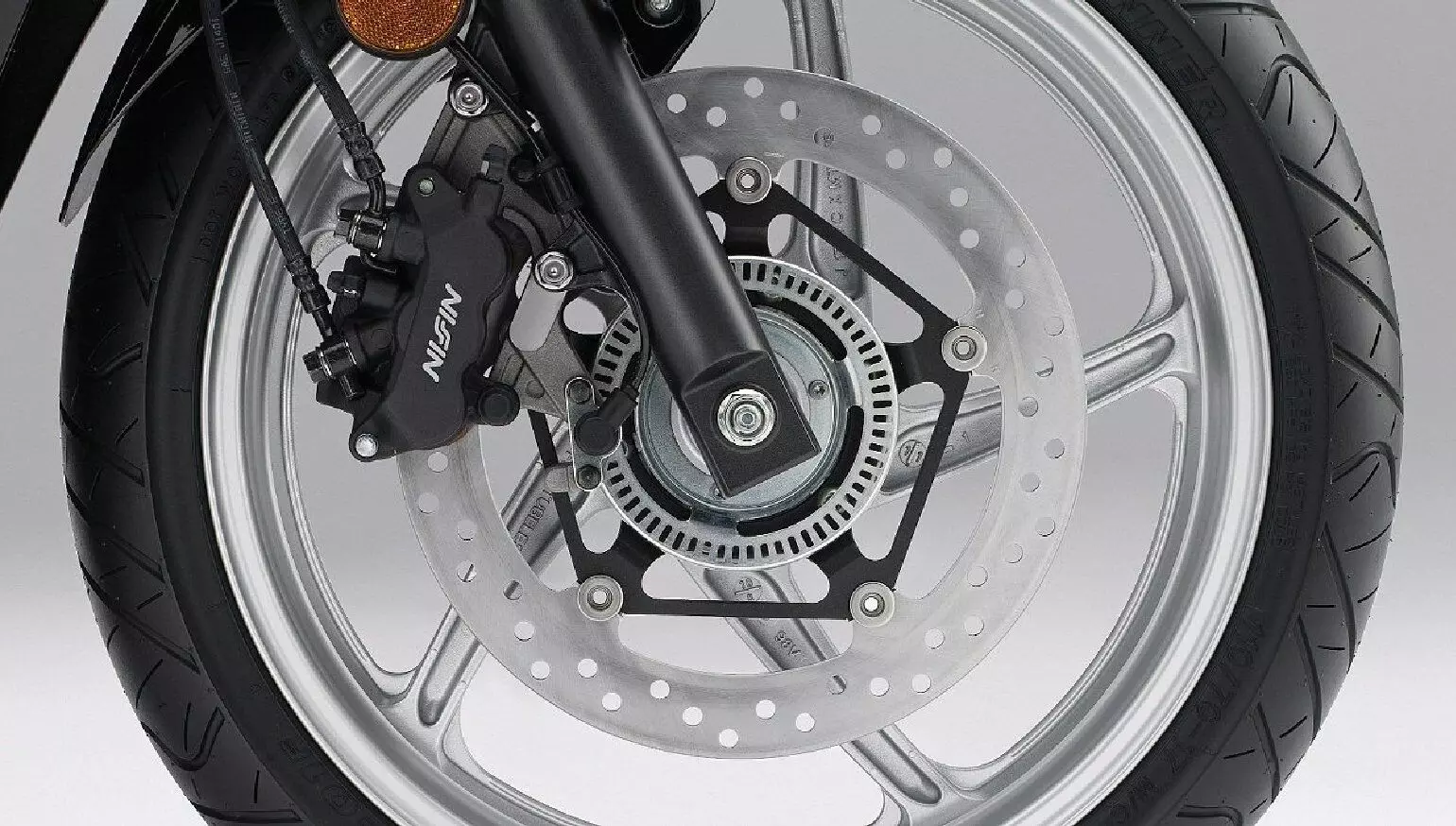ABS to Become Mandatory on All Two-Wheelers from January 2026; Price Hike Expected
In a significant move aimed at enhancing road safety, the Ministry of Transport has announced that Anti-lock Braking System (ABS) will be mandatory on all two-wheelers sold in India starting January 2026. The directive is part of a broader push to reduce the alarming rate of two-wheeler accidents across the country.
ABS to Become Mandatory on All Two-Wheelers from January 2026; Price Hike Expected

Why ABS is Being Mandated
With the number of vehicles on Indian roads increasing rapidly and speed limits rising, ensuring better safety mechanisms has become critical. Government data shows a high incidence of two-wheeler accidents resulting from skidding and poor braking response, especially on low-traction surfaces. ABS can significantly reduce the chances of such crashes by preventing wheels from locking during sudden braking.
In addition, the new rules will mandate two BIS-certified helmets to be provided with every new two-wheeler purchase — one for the rider and one for the pillion.
Scope and Impact of the Rule
The mandate will apply to all engine capacities, including popular 125cc bikes typically priced around ₹1 lakh. The most impacted, however, will be entry-level motorcycles in the ₹60,000–₹70,000 price bracket. These lower-priced models often lack disc brakes or any form of ABS at present.
To comply with the new guidelines, manufacturers will have to add components such as front disc brakes and at least a single-channel ABS unit. This is expected to increase the price of affected models by approximately ₹6,000 to ₹10,000.
Government’s Justification: Safety Over Cost
While some two-wheeler manufacturers have expressed concerns about the potential impact on pricing, particularly for budget models, government officials remain firm on the decision. They argue that the reduction in fatalities and injuries will far outweigh the incremental cost to consumers.
The Ministry has emphasized that the move is necessary in light of the rising fatality rate among two-wheeler riders and plans to roll out implementation guidelines soon to ensure a seamless transition for both manufacturers and dealerships.
This safety-first policy is being welcomed widely by road safety advocates and urban transport planners, who believe it will be a game-changer in reducing accident-related deaths in India — especially among young riders and daily commuters.

